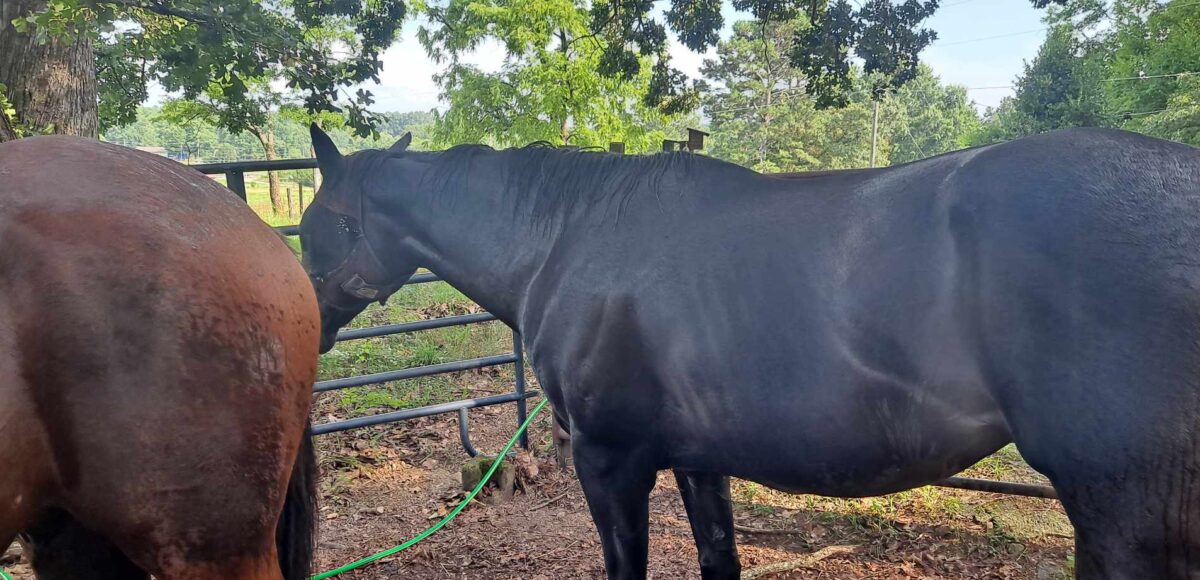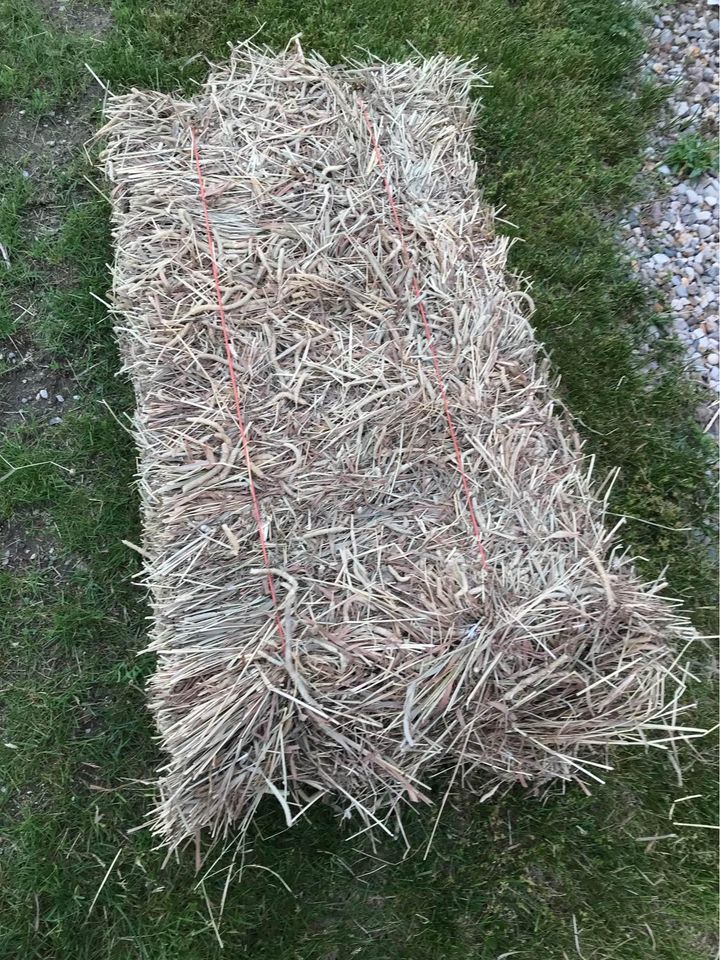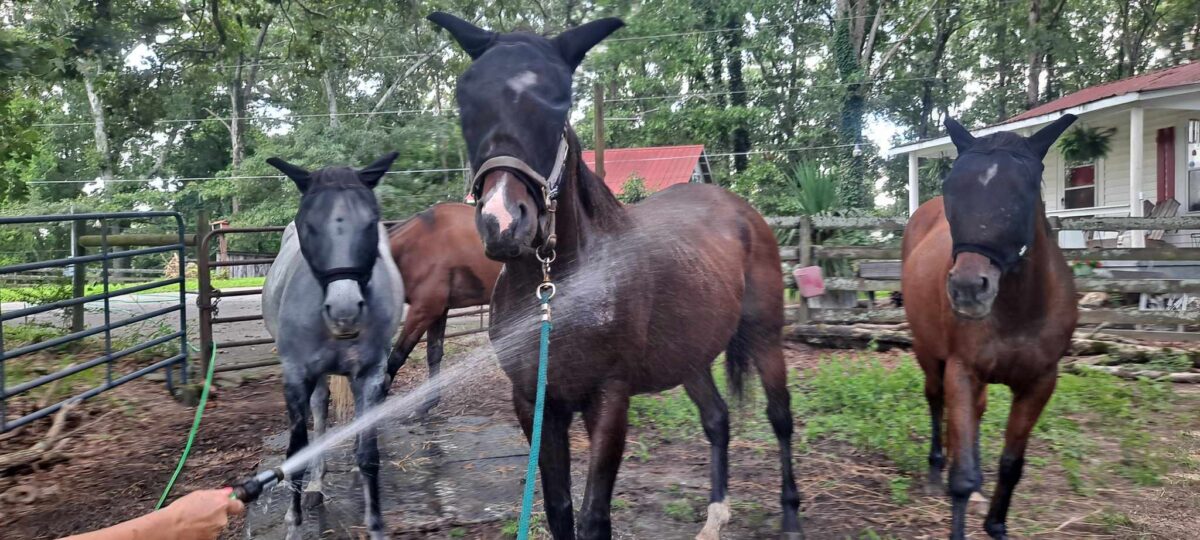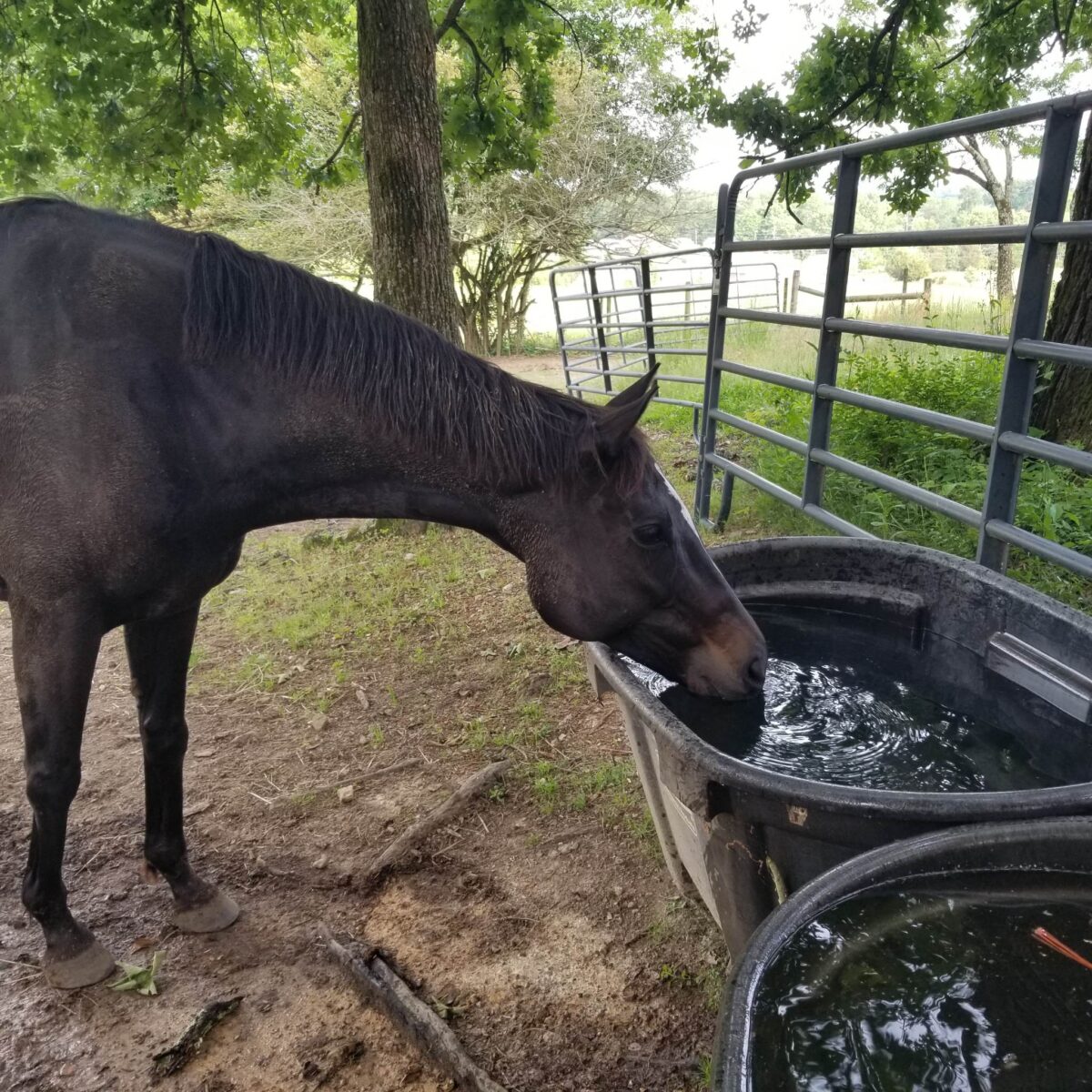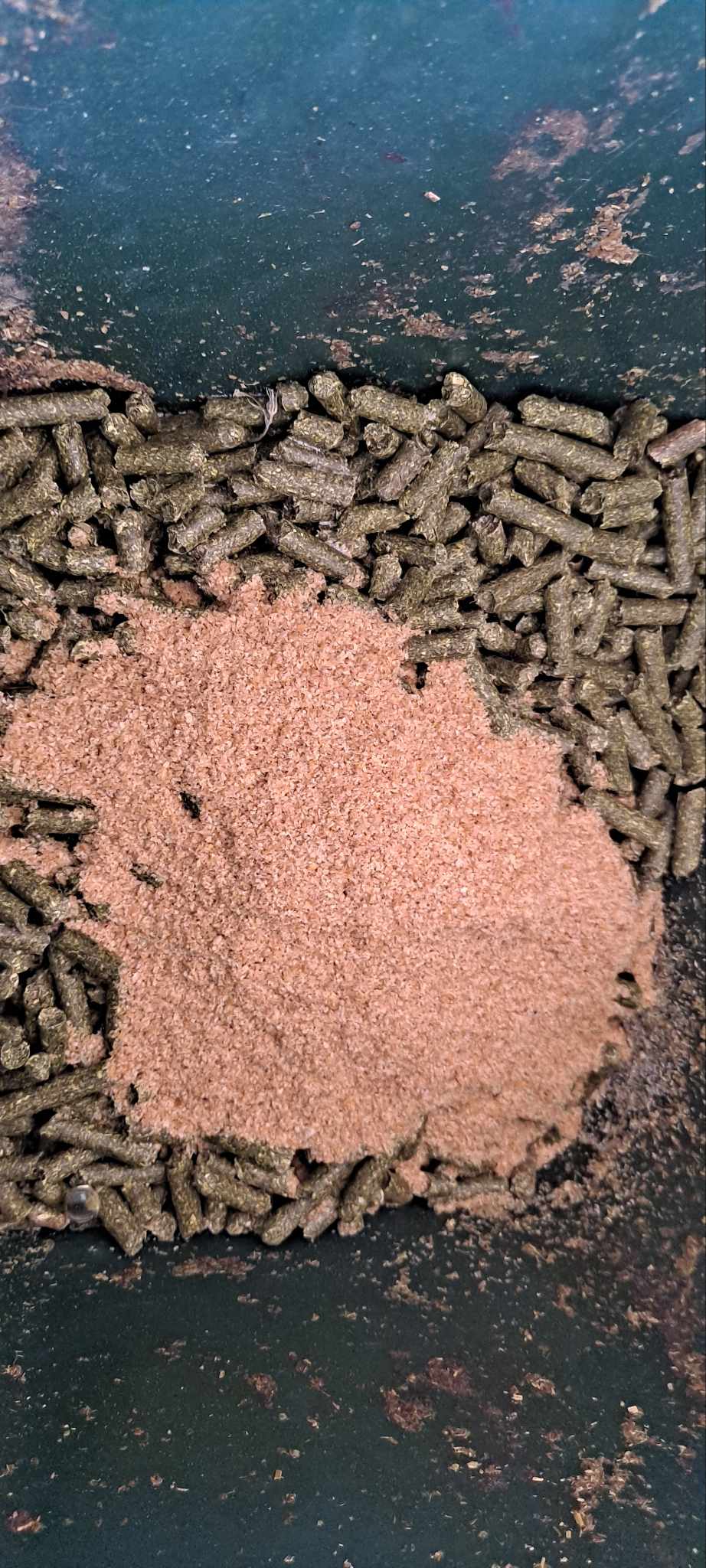Anhidrosis in horses is a condition characterized by the inability to sweat properly or the significant reduction in sweat production. Sweat is crucial for regulating a horse’s body temperature, especially during exercise or hot weather. Anhidrosis can lead to overheating and potentially serious health risks, as the horse may struggle to cool down efficiently.
The exact cause of anhidrosis is not fully understood, but it is believed to be a combination of genetic predisposition, environmental factors, and individual sensitivity. Horses most commonly affected by anhidrosis are those living in hot and humid climates, such as the southeastern United States.
Symptoms of anhidrosis may include:
- Reduced or absent sweating during exercise or high temperatures.
- Increased respiratory rate and difficulty breathing.
- Elevated body temperature.
- Decreased performance or reluctance to work.
- Dry and flaky skin.
If you suspect your horse has anhidrosis, it is crucial to consult a veterinarian for a proper diagnosis and guidance. While there is no definitive cure for anhidrosis, there are management strategies that can help alleviate the condition and improve the horse’s comfort:
- Temperature and humidity control: Provide shade, fans, and access to well-ventilated areas to minimize heat stress.
- Hydration: Ensure the horse has access to clean and fresh water at all times. Adding electrolytes to their diet can aid in maintaining proper hydration levels.
- Exercise management: Modify the horse’s exercise routine, reducing intensity and duration during hot and humid periods. Schedule workouts during cooler times of the day, such as early mornings or evenings.
- Dietary adjustments: Some supplements, such as those containing omega-3 fatty acids or specific herbs, are believed to support skin health and sweat production. Consult with a veterinarian or equine nutritionist for appropriate dietary recommendations.
- Medication: In some cases, veterinarians may prescribe medications to help stimulate sweating, although their effectiveness can vary.
It is important to closely monitor horses with anhidrosis for signs of overheating and seek immediate veterinary attention if severe symptoms, such as a high body temperature or distress, are observed.

